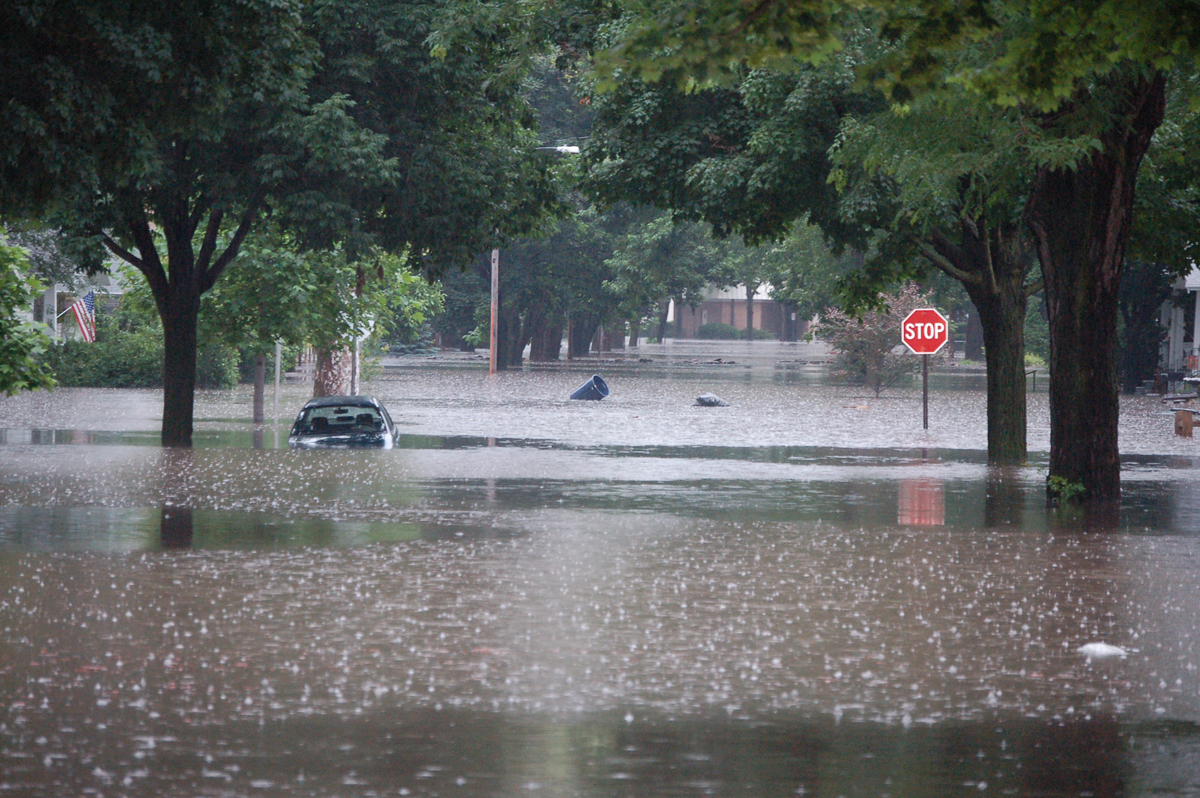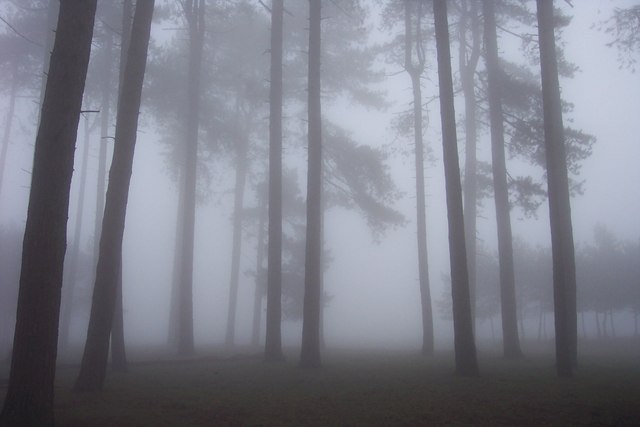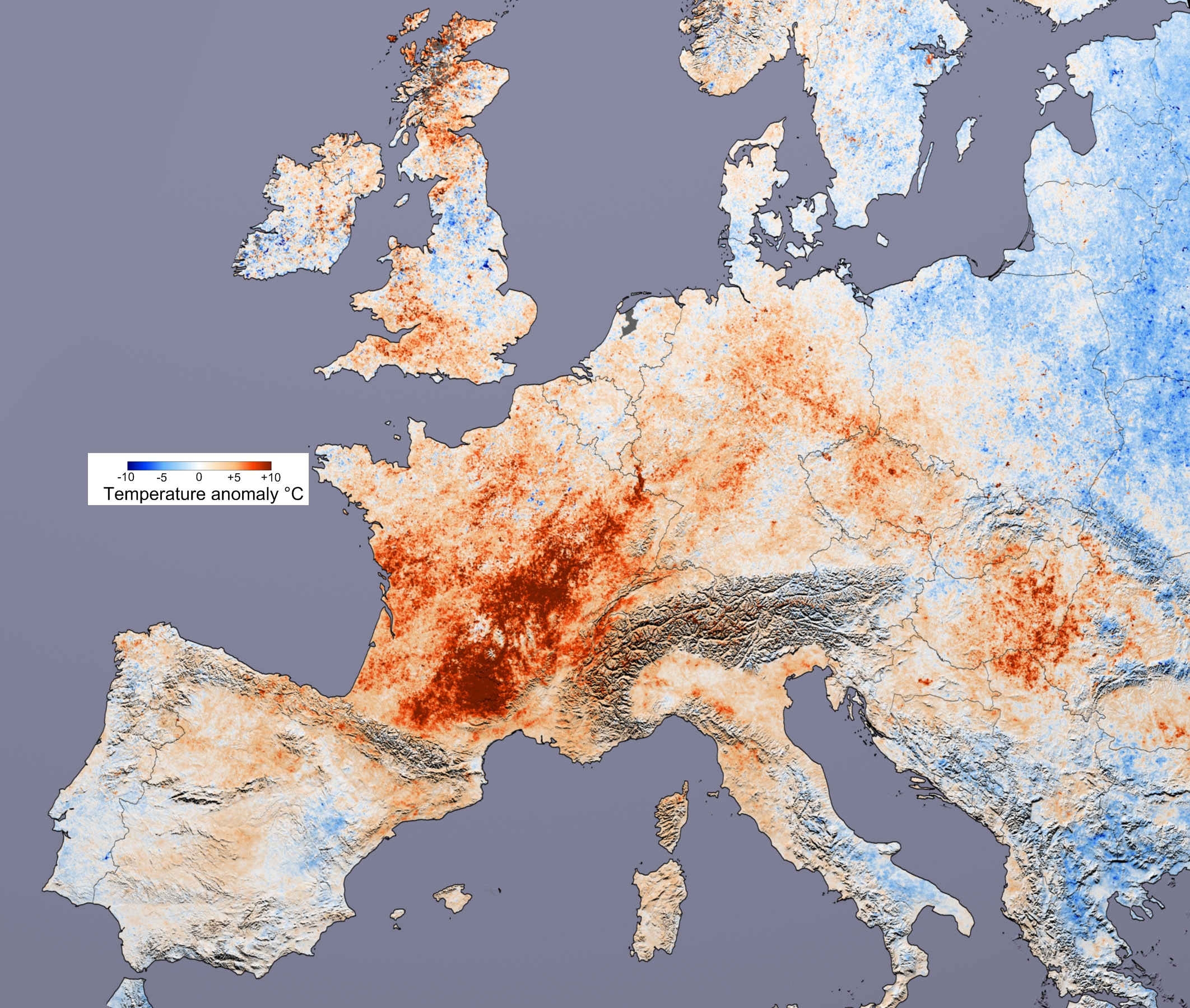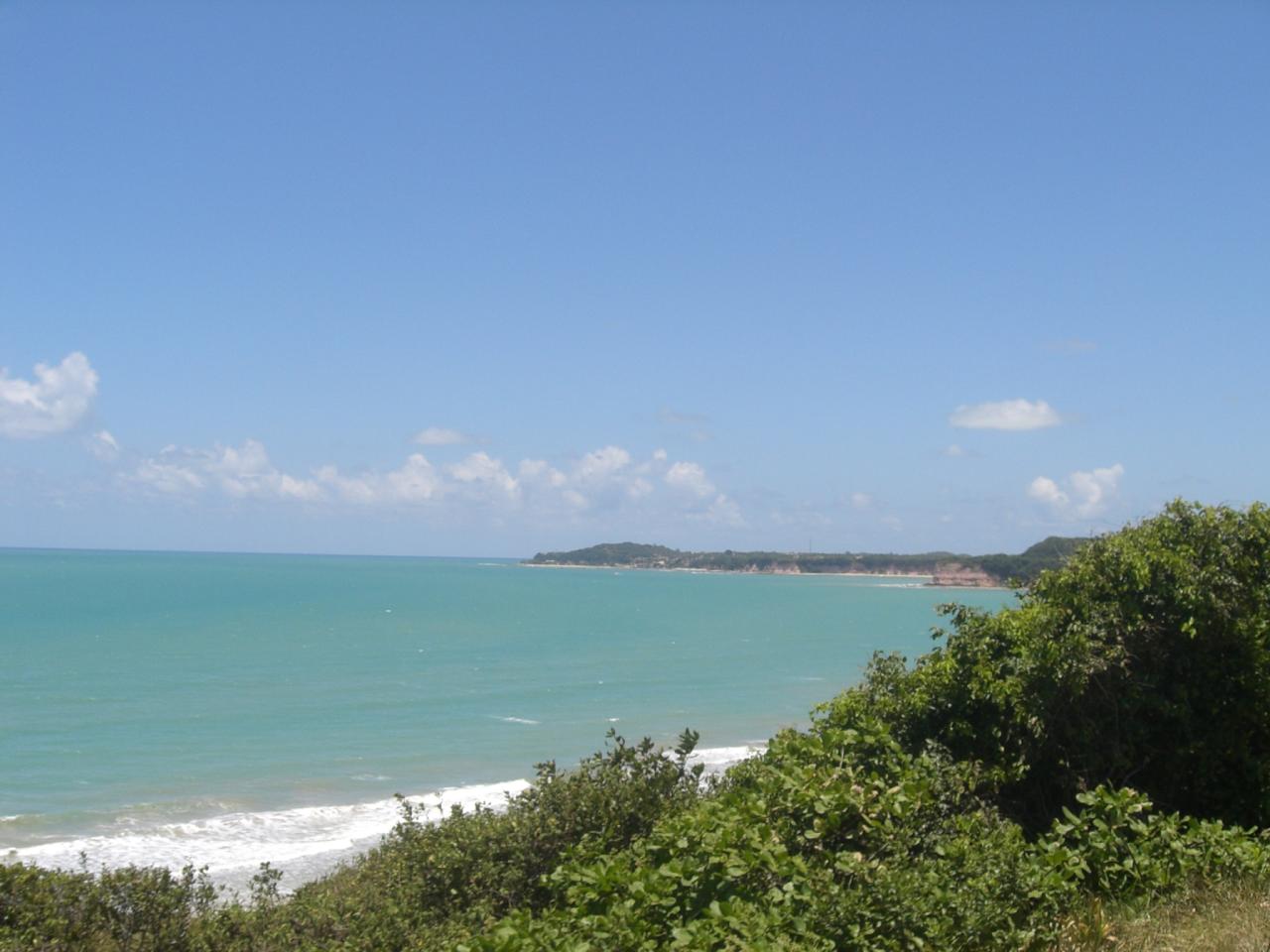 |
Flood in Hanoi, Vietnam |
First, below this post are the answers to your homework from the SB. If you missed class, you can correct your own work. Use this opportunity to develop your vocabulary! Even just five minutes of work is valuable.
Then we looked at the Disaster Preparedness Quiz that you had to read, talking about a few words I thought you might have found difficult:
- strike (in title)
- drills (Q1)
- power (Q2)
- looting (Q3)
- chance (Q5)
- seat-back pocket safety card | odds (Q6)
- patterns (Q8)
You wrote reasons for your answers and discussed them with a partner. Then I showed you the official answers, which are based on a lot of research and we discuss which are surprising and why.
I hope not, but maybe this information will be useful for you one day. I know I'll be looking to see where the exit is next I'm on a plane!
I hope not, but maybe this information will be useful for you one day. I know I'll be looking to see where the exit is next I'm on a plane!
- drill - noun: tool for making holes | repetitive activity to practise - verb:
- effect - noun: result | 'special effects' | possessions - verb:
- problem - noun: something needing attention
- odds - noun: the probability (likelihood) of something happening =~ chance
- strike - verb: stop work | hit | remove | discover | happen - noun: failure
Mock Exam
We began a mock exam, doing the Use of English (parts 1-4) and then Listening parts 1 and 3. Next week we'll continue.We ended class with another game of Jeopardy – in the end, it was a draw between the two teams since they both bet everything on the question 'After oxygen, what is the most abundant element in the earth's crust?' (answer)
Homework
Since most of you seem to have exams at school this week, there is no homework for next week. But be prepared to do a writing task for homework next week!
If possible, you should study vocabulary and read. In Quizlet, there are lots of different FCE-preparation lists that you could study in addition to the ones from our class.
If possible, you should study vocabulary and read. In Quizlet, there are lots of different FCE-preparation lists that you could study in addition to the ones from our class.







.jpg)

